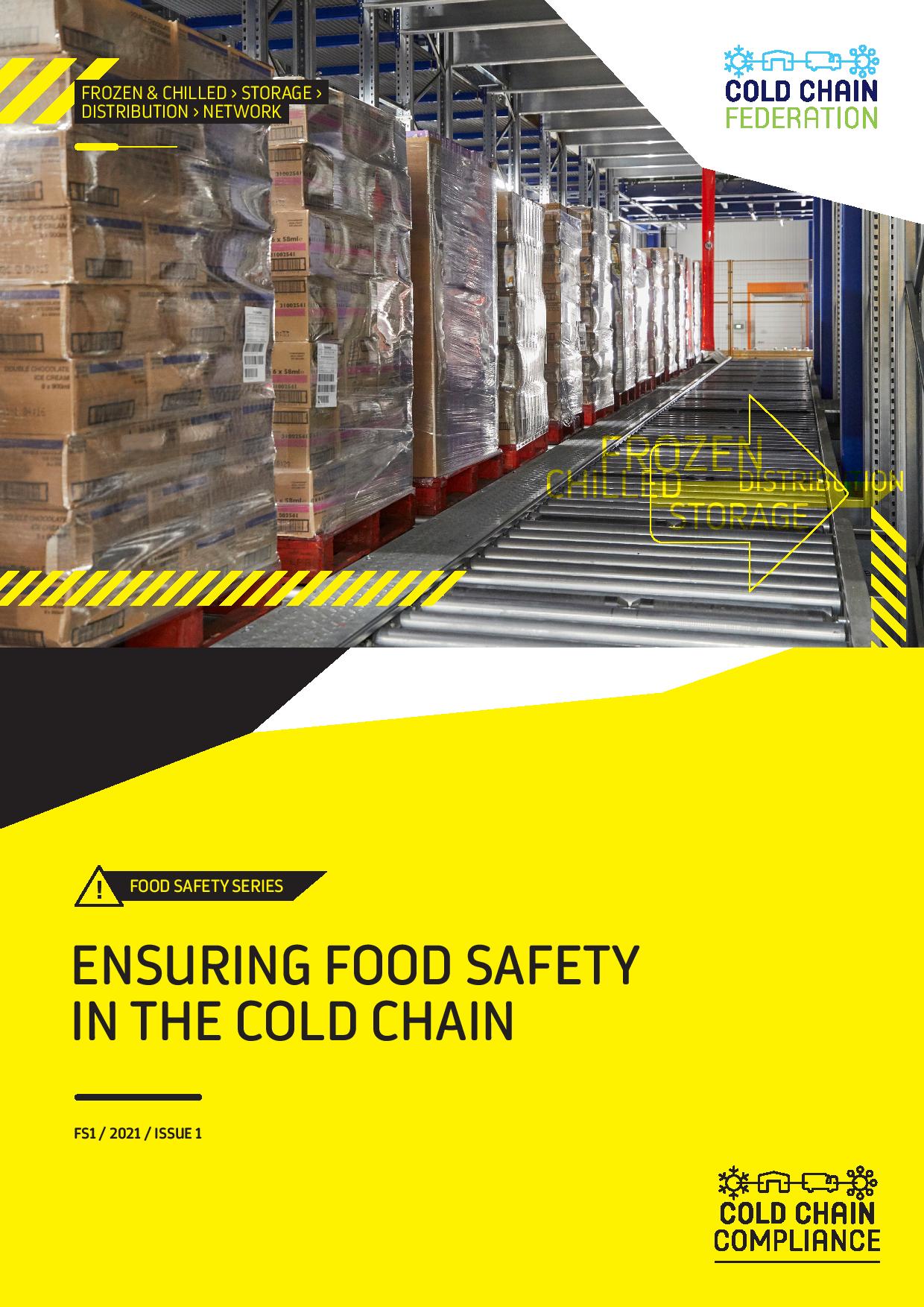A new approach is needed to secure cold chain skills for the future and attract more young people into the industry, Cold Chain Federation President Tim Moran said at the Federation’s recent AGM. His message comes as businesses across the UK’s cold chain are experiencing a labour crunch which threatens to jeopardise the industry’s efforts to revive temperature-controlled supply chains as restrictions ease on the hospitality and food service sectors.
The Cold Chain Federation represents more than 270 companies across the UK, which store and move chilled and frozen food in temperature-controlled storage facilities and refrigerated vehicles, covering more than 500 facilities (35 million cu m of warehousing space), more than 30,000 vehicles and c.100,000 employees. The federation’s AGM took place virtually and key issues discussed included red diesel changes coming into force in 2022, the roadmap towards a net zero UK cold chain, and impacts of the post-Brexit processes for UK-EU and UK-NI trade, as well as the urgent crunch in labour availability.
Tim Moran, Regional Vice President of Lineage Logistics UK, was elected for the third time and will continue to serve as President of the Federation for the next two years. Andrew Baldwin, Managing Director of Reed Boardall’s cold storage division, was elected as Cold Chain Federation Vice President for a two-year term.
Cold Chain Federation President Tim Moran said: “We should be truly proud of what our industry and our people have achieved during this global pandemic, but the cold chain now faces another urgent challenge. As restrictions ease for our customers we need to ramp up dormant supply chains and reconfigure networks, but this is being hindered by a labour shortage.
“Lots of people’s lives have changed in the past 18 months and employees coming off furlough are deciding to retire or take time off, at the same time that many non-UK nationals are unable or reluctant to work away from home under current restrictions. These issues are exacerbated by the IR35 tax changes limiting our ability to draw on agency and sub-contract capacity.
“To ease current workforce pressures the Cold Chain Federation will work for continued common sense extensions to CPC renewals, speeding up driver testing and extending medicals, but the current situation also shows why we need to take action on longer-term cold chain skill shortage issues.
“It is time for us to come together, as an industry and with Government, to take action to attract more young people into our industry and to identify how best to invest in the cold chain skills which are already in short supply and will need to evolve for a net zero future. I have no doubt that an important part of the jigsaw will be greater recognition of driving as a skilled and valued career which should be reflected by Government in the provision of training opportunities and by cold chain customers in the provision of good driver facilities on site.
“Over the coming months the Cold Chain Federation will bring our industry together with Government to discuss the path forward for a secure, flexible and resilient cold chain workforce over the coming years and beyond.”




